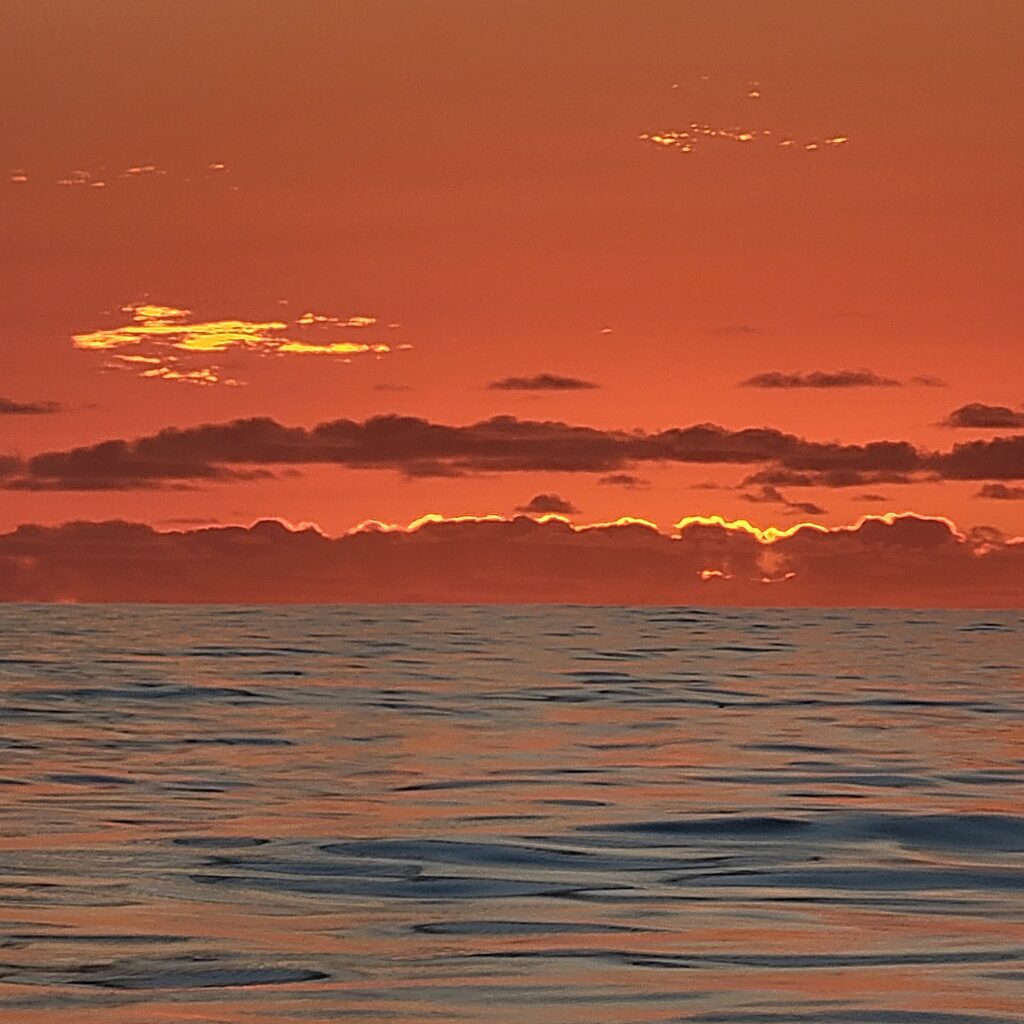
Life is constantly a Risk Vs Reward analysis, and that is most certainly the case when you’re crossing a big ocean in a small boat. The pic above of the sunset clearly is a reward, and one of the reasons I chose to help sail Complexity across the Atlantic. The primary reason was that I didn’t feel like I was done cruising when we came home in 2010, and still wanted to cross another ocean. Once we knew Yohelah was to remain in the Salish Sea, Complexity was the best possible choice for offshore sailing, knowing the boat and crew as well as I did.
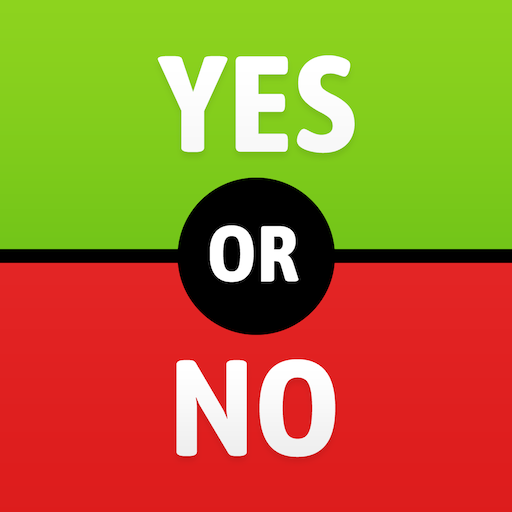
The questions to answer now are #1 Was It Worth It, and #2 Will I Do It Again? #1 is a very easy, “Yes”. It was totally worth it, but in a completely different way than I was looking for. #2 is tricky. I would go again on Yohelah with Rob, but likely not again on another boat that’s not ours (although Never Say Never).
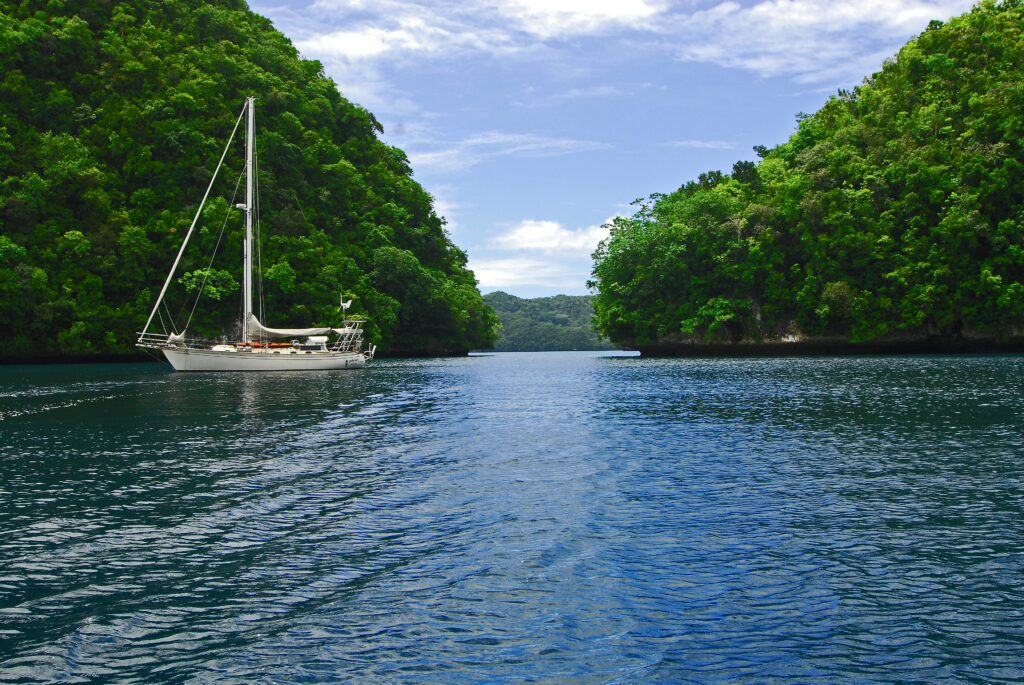
Interestingly, the reason #1 is Yes, is not because the passage was off the charts amazing, but because it finally closed the book for me wanting more blue water. There was much time to reflect and consider the risk versus reward of being out in the ocean on a small boat. For Rob & I the satisfaction of completing the passage and excitement of making landfall in a new country are feelings that are hard to put into writing. When you’re along for the ride on someone else’s passage, those sentiments aren’t there at the end of the journey. And without the rewards, the risk analysis fails.
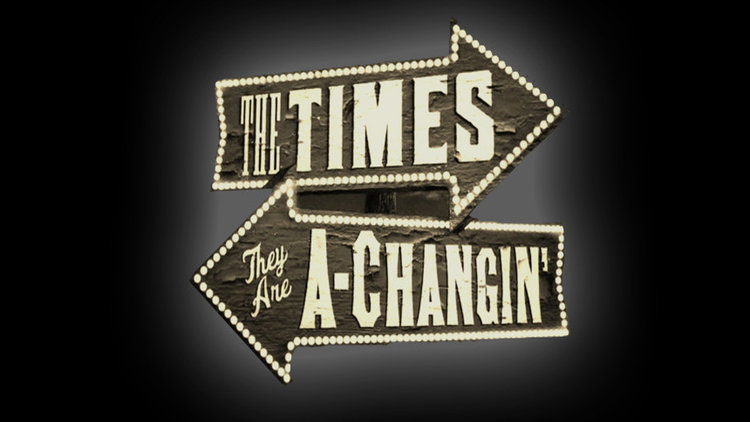
Bob Dylan said it best, “”For the times they are a-changin'”. And the changes in the 14 years that we have been home have reshaped cruising life. We watched it from home – first it was the availability of satellite phones, which then lead to less use of ham radios. Then starlink changed it all.
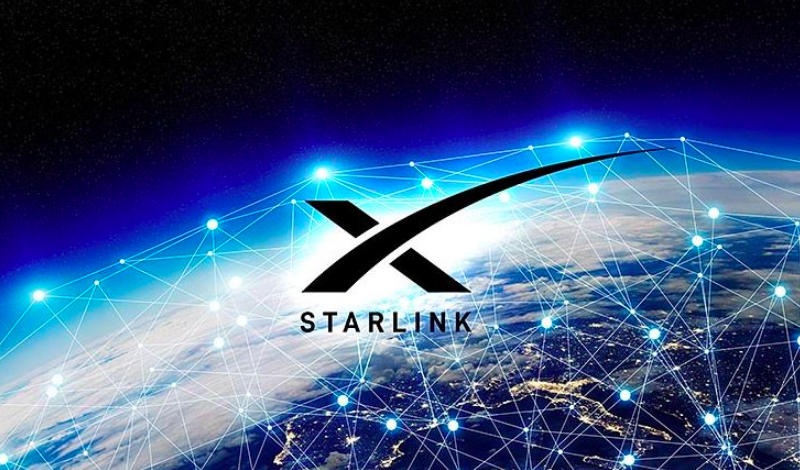
Jeanne Socrates is a British sailor we met in Pt Townsend in 2006. Her husband had died in the Caribbean the previous year, but she was carrying on in her cruising life. She has since solo circumnavigated and even sailed solo unassisted around all five great capes. In a recent posting on her blog she remarked on how cruising life has changed since the arrival of starlink, and it’s not different than at home. People everywhere are less interested in face to face communication, and heads down in their devices. We not only saw that at both of the marinas where we stayed, but it was also the case aboard. We all spent a significant amount of time keeping up with our online communication. There is no longer a notion of being off the grid, it’s sailing along with everyone now.
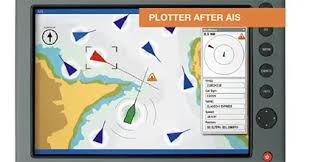
Some of the technology has made cruising life easier, of course. As much as GPS in our time was an improvement over celestial navigation, today AIS makes ship identification and collision avoidance simple. But, in all honesty, I believe many cruisers have put too much confidence in AIS. Our first night on passage a massive but improperly lit fishing boat without AIS passed within a quarter mile of our stern. Our onboard radar was not working. Without radar to track the fishing boat’s course, and their work lights so bright, we could not determine which direction they were traveling. Their bright deck lights obscured their navigation lights. We were at the mercy of other people’s compliance with international laws regarding AIS and lights, and that night there was a failure. Their lack of AIS and overly bright work lights undermined the comfort that should have existed from the new technology.
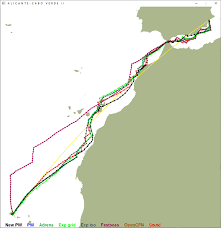
Weather forecasting for passage making has also advanced significantly with better technology. In our last passage across the North Pacific, we were downloading spot forecasts (I’ll tell you where I think I’ll be in so many hours) from our sideband radio on a pactor modem. In comparison, the pactor modem can process up to 5,000 bits per second, and the Starlink can process 200,000,000 bits per second. We had two different models (forecast sources) to chose from, and now they’re comparing five models at a time. I was invited to participate in forecast analysis and route planning twice a day when the models were updated, but with no real knowledge of Atlantic weather patterns, I declined and left this up to Jim & Barbara. They would get a digital display with suggested course lines from each model, laid out on a chart in different colors. I’m guessing some cruisers now can just tell their autopilot which route to steer to, and off they’ll go. But in the end, what we know is that we can’t control the weather, and sometimes we can outrun it (or slow down to avoid it), but 99% of the time you get what you get. Even all the processing on high speed computers was still sometimes just flat wrong.
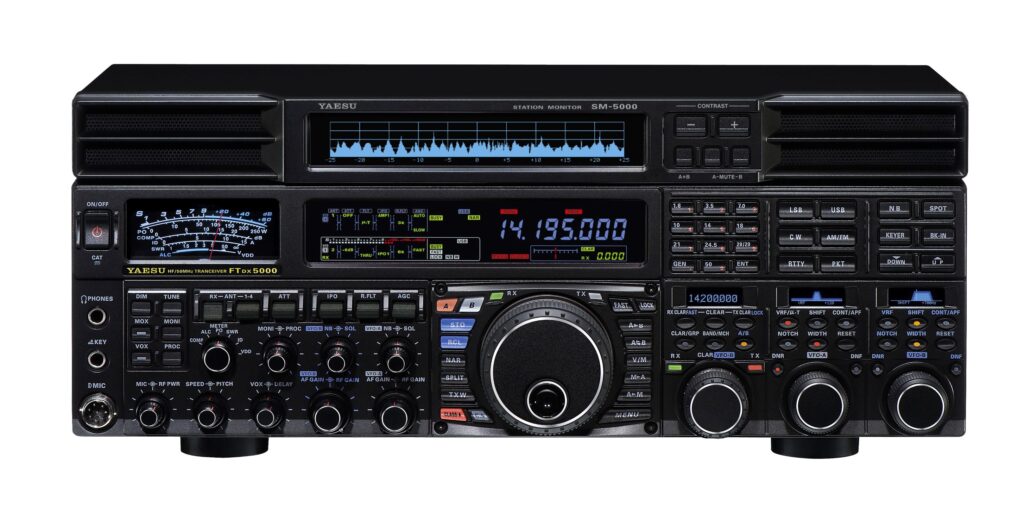
One thing I missed was radio skeds, which are scheduled times each day that we would turn on our ham radio and dial into a certain frequency and check in. This was a time we would hear other voices and was also a significant safety feature for us. Even though we had an EPIRB, we felt great comfort knowing that if we had failed to check in to the Pacific Seafarer’s Net for more than a day or two, they would send someone looking for us. And we got to keep track of other boats making the same passage and compare notes on weather ahead of us. While these nets still exist, technology has moved most cruisers away. I belive there are Starlink Nets now, just not sure how those work. But in contrast, now we could pick up the phone and literally dial up anyone, anywhere, any time. Although Starlink does charge by the bit for the offshore plans, so I kept my calls to Rob limited to once or twice on a passage. But texting is very low bandwidth, so I could text all day or all night and keep up with the world (again, not off the grid, ever).
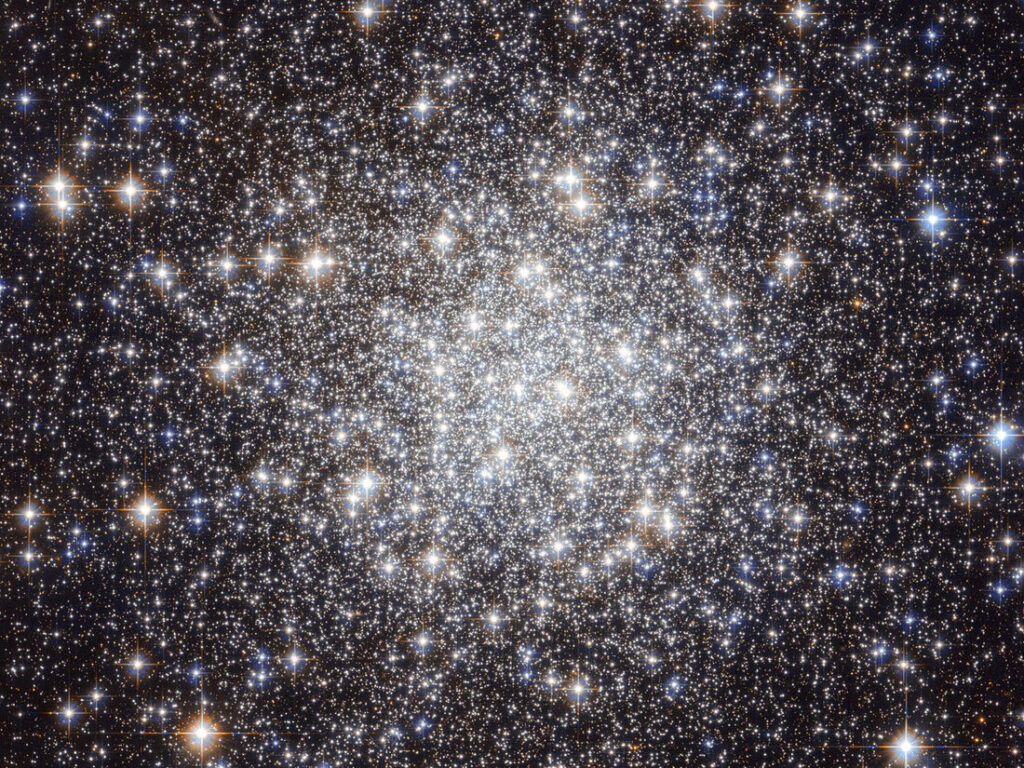
One big disappointment for me was the star watching. While dust from the Sahara Desert makes the sunrises and sunsets absolutely epic, it also clouds the stars at night. Not all of them, of course. But some nights in the South Pacific I would just stare at amazement and wonder how the sky could hold so many stars. That never happened in the Atlantic. Maybe there are times when the easterly winds have slowed long enough, but certainly not during this summer. That is not my picture above, but it certainly represents what I remember.

Will I look for other blue water opportunities? The answer is firmly no. I studied for my USCG Captain’s License when I came home, thinking it would be useful if I wanted to help as a delivery crew. Now I am 100% certain I would never cross an ocean in an unknown boat with an unkonwn captain and crew. That absolutely fails risk analysis on every level. Do I want to captain a cruise for pay – take other people on a charter who are paying? Nope, not that either. We can hopefully continue to find friends and family who want to be equal paying partners when it’s time for more warm weather sailing. Will I say no to another opportunity to help friends cross an ocean? That, again, is a Never Say Never answer. That door is not locked, just pretty firmly closed. Am I glad I did this trip, 1000% Yes.